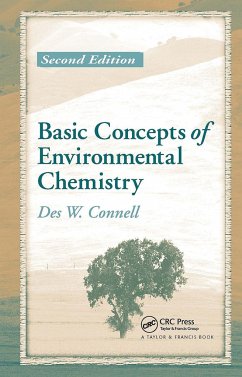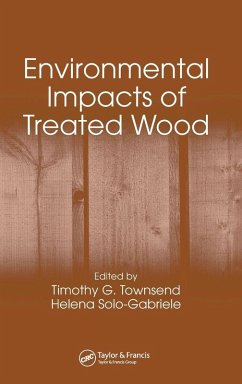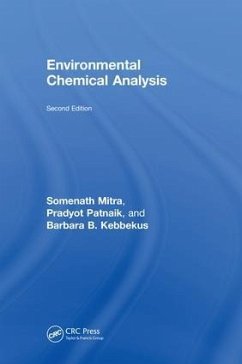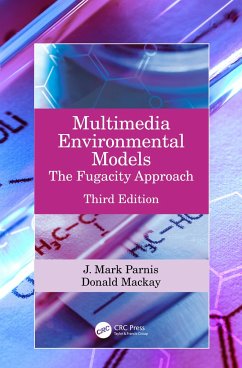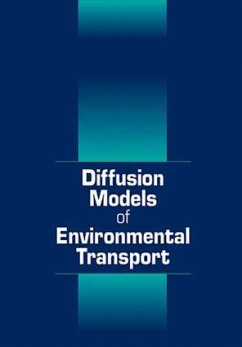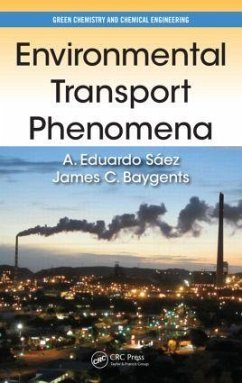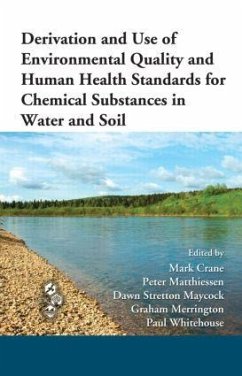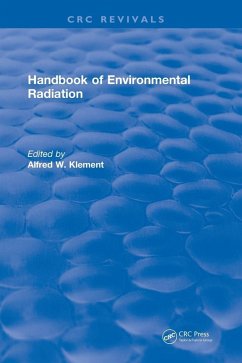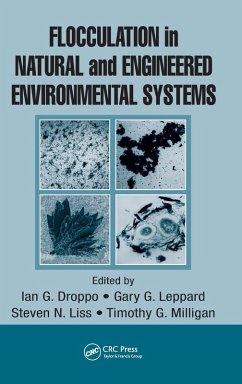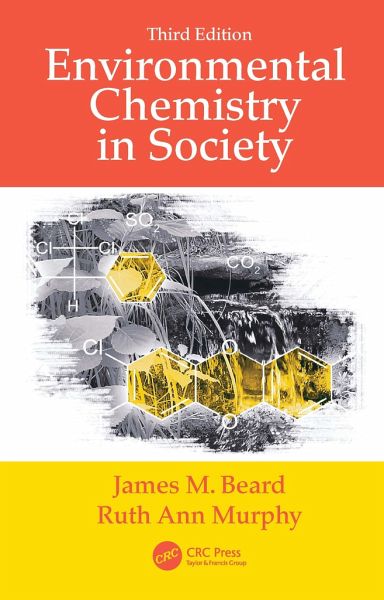
Environmental Chemistry in Society

PAYBACK Punkte
146 °P sammeln!
This self-contained text offers all the information necessary for readers to understand the topics surrounding environmental science and the chemistry underlying various issues. Environmental Chemistry in Society, Third Edition, provides a foundation in science, chemistry, and toxicology, including the laws of thermodynamics, chemical bonding, and environmental toxins. This text allows readers to delve into environmental topics such as energy in society, air quality, global atmospheric concerns, water quality, and solid waste management. The arrangement of the book provides instructors with fl...
This self-contained text offers all the information necessary for readers to understand the topics surrounding environmental science and the chemistry underlying various issues. Environmental Chemistry in Society, Third Edition, provides a foundation in science, chemistry, and toxicology, including the laws of thermodynamics, chemical bonding, and environmental toxins. This text allows readers to delve into environmental topics such as energy in society, air quality, global atmospheric concerns, water quality, and solid waste management. The arrangement of the book provides instructors with flexibility in how they present the material, with crucial topics covered first. This Third Edition has been updated throughout. The book provides a statement of learning outcomes at the beginning of every chapter, group work questions to encourage learning and environmental awareness, and discussion questions to develop critical thinking skills. The Third Edition includes more illustrations than previous editions, and the energy chapter of the Second Edition has been divided into two chapters in this edition to make the topic more manageable. An inclusive international approach highlights the contributions of scientists from around the world. Chemical structures are presented with inline figures. FEATURES Offers a user-friendly approach to appeal to students with little or no science background Presents a qualitative approach to the chemistry behind many current environmental issues Updates environmental data Includes a glossary of important terms The environmental data has been updated to include the effects of COVID-19. A test bank is available to instructors upon request.




